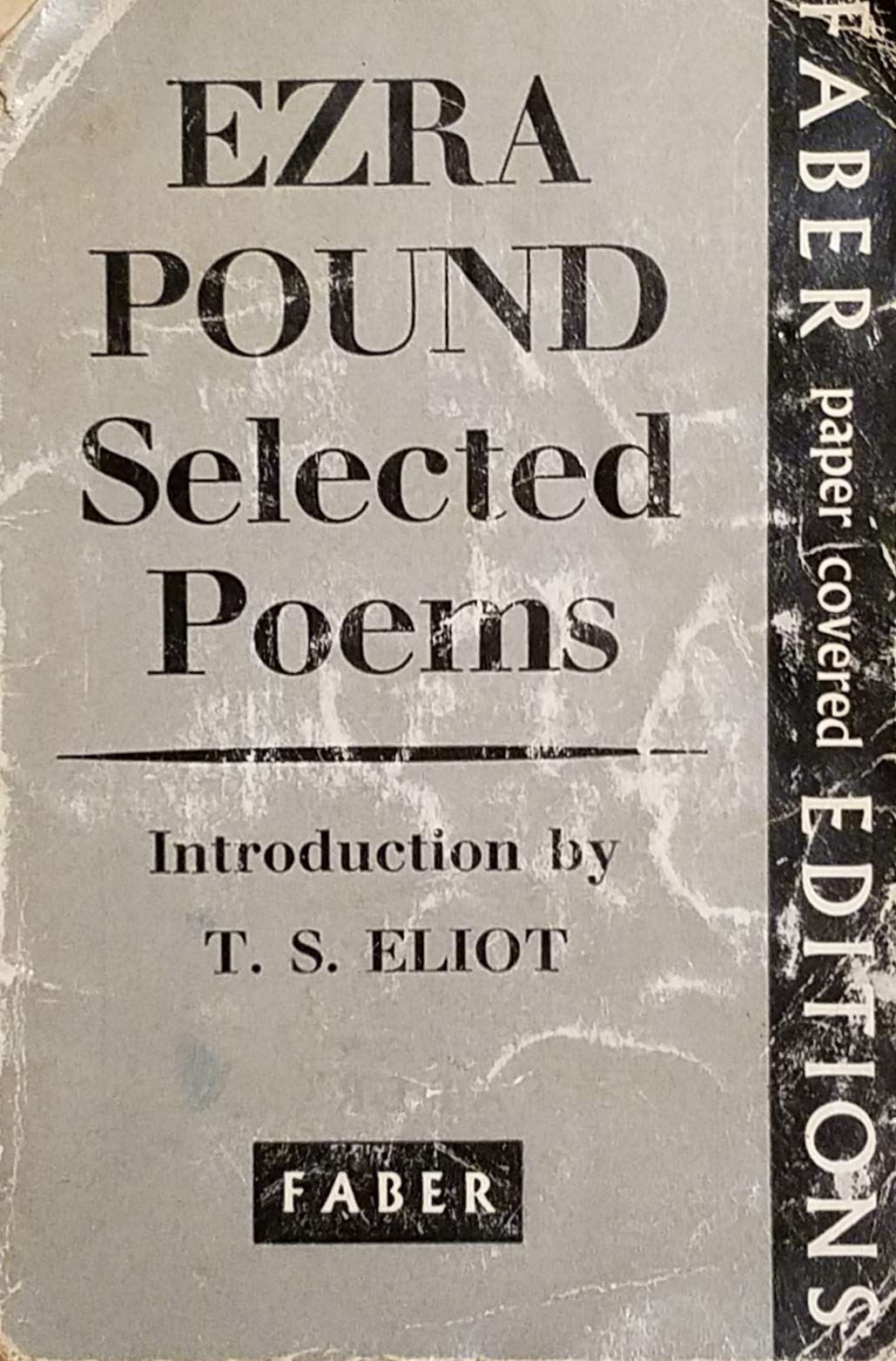What do you think?
Rate this book


Paperback
First published January 1, 1928
You were praised, my books,
because I had just come from the country;
I was twenty years behind the times
so you found an audience ready.
I do not disown you,
do not you disown your progeny.
Here they stand without quaint devices,
Here they are with nothing archaic about them.
Go, my songs, to the lonely and the unsatisfied,
Go also to the nerve-racked, go to the enlsaved-by-convention,
Bear to them my contempt for their oppressors.